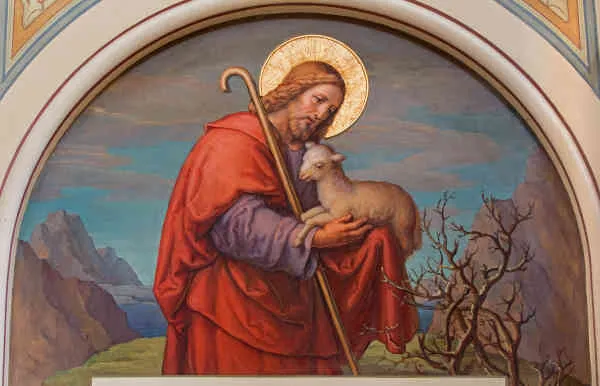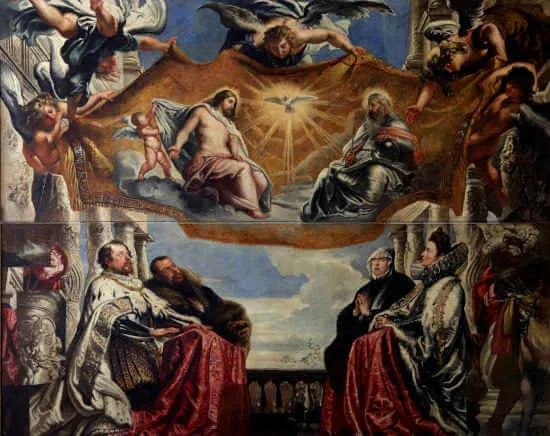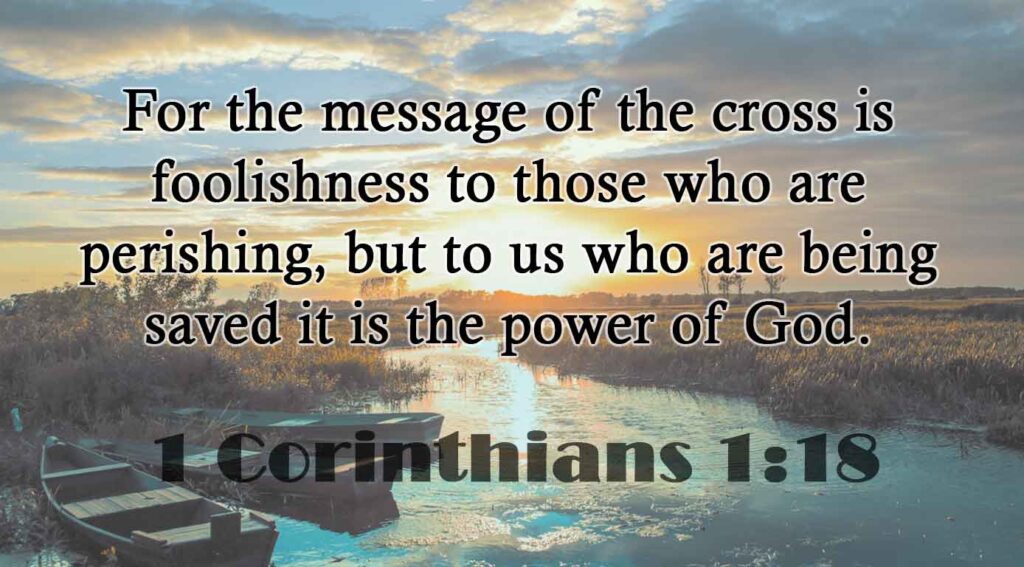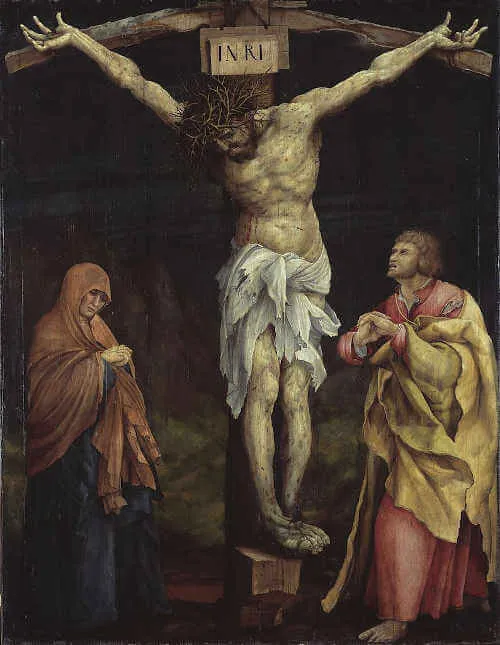Instruments of the Good Shepherd
“Jesus said: ‘I am the good shepherd. A good shepherd lays down his life for the sheep. A hired man, who is not a shepherd and whose sheep are not his own, sees a wolf coming and leaves the sheep and runs away, and the wolf catches and scatters them. This is because he works for pay and has no concern for the sheep.’”
Reflection:
Today, on the Fourth Sunday of Easter, we celebrate Good Shepherd Sunday. It is a day when we reflect upon the tender image of Jesus as the Shepherd of us all. It is also a day set aside to pray for more shepherds within our Church who will shepherd God’s flock with the Heart of Christ.
Our Gospel passage comes from John 10 which, in part, is a commentary on the previous chapter that includes the long and detailed story of the healing of the blind man. Recall that Jesus healed this man who was blind from birth. He did this healing “so that the works of God might be made visible through him.” As a result of this man’s healing, the Pharisees cast the blind man out of the synagogue, not believing that Jesus’ healing was from God. After the man was cast out of the synagogue, Jesus spoke with him again and he professed his deep faith in Jesus, the true Shepherd. The healed blind man said, “I do believe, Lord.” Then he worshiped Jesus. Thus, the greater healing of this man was that he became a member of God’s flock, accepting Jesus as his true Shepherd.
Our Gospel today is Jesus’ commentary upon the actions of the Pharisees in contrast to His own. The Pharisees, as religious leaders, were not shepherds. They were “thieves and robbers” who came to “steal and slaughter and destroy.” Jesus, however, came so that those who listened to His voice “might have life and have it more abundantly.”
The Gospel passage quoted above explains why the Pharisees were not true shepherds. It was because they “work for pay” and have “no concern for the sheep.” Think about that statement as it applies to the Pharisees and their treatment of this man who was blind from birth. First of all, the “pay” that these Pharisees worked for was their own self importance—a fleeting and worldly reward. They saw themselves as the true teachers and interpreters of the Law and saw anyone who did not follow them as a threat. The Pharisees clearly perceived Jesus as such a threat to them. For that reason, they took their envy out on this humble and simple blind man. They were not shepherds to him. They did not encourage him, support him, point him to God or act in any way as an instrument of God’s grace. Instead, they condemned this innocent and holy man out of their pride.
Though God shepherds us today through His sacred pastors, we are all called to participate in this shepherding of the Good Shepherd in our own unique way. We are called to lead those within our families, at work, at school, within our neighborhoods, social circles and in every other societal context. But too often we imitate these Pharisees by allowing our own selfishness and desire for self importance to interfere with our ability to put others first and love them with the Shepherd’s heart.
Reflect, today, upon the calling you have received to lay down your life for others in imitation of the Good Shepherd. In order to imitate this love in the Heart of Christ, we must love without seeking love in return. Laying our lives down is an act of sacrificial love that enables us to look only at the needs of those around us. Pride and selfishness must disappear, and the good of the other must become our only goal. Reflect upon how well you do this, and pray that the Good Shepherd will use you to shepherd those in your life who need it the most.
Source: https://catholic-daily-reflections.com/2024/04/20/instruments-of-the-good-shepherd/








